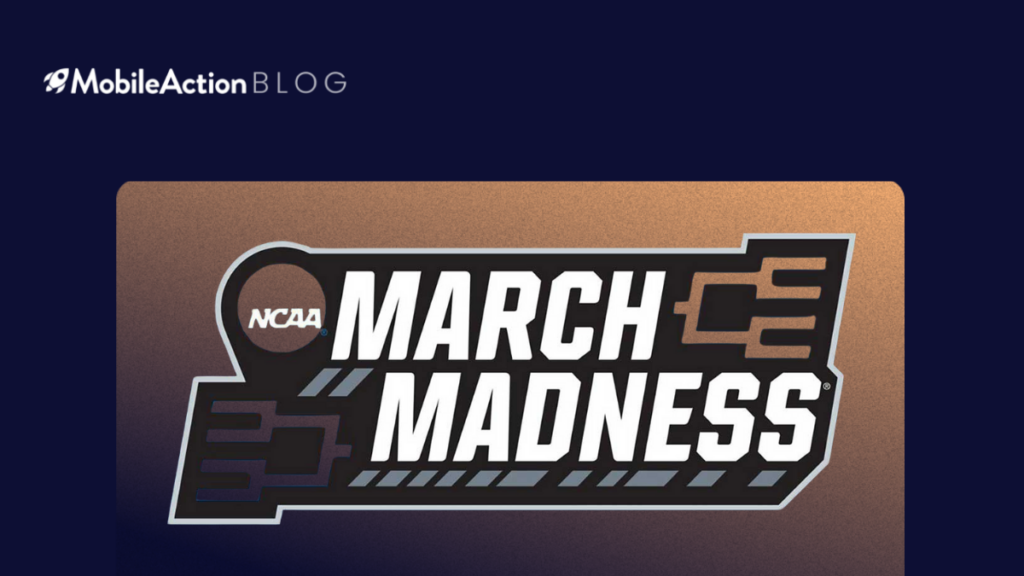Success comes to those who make a great app and then proceed to improve their visibility in the app stores. In order to do so, one of the first things you should do is engage in iOS App Store Optimization. As we will discuss the iOS keywords field in this article, if you are not developing your apps in the App Store, you should probably check out our Google Play ASO guide.
In this article, we will focus on keyword optimization and show you the best practices for the iOS Keywords Field.
The iOS Keywords Field
The iOS Keywords Field is one of the fundamental parts of your iOS App Store optimization efforts.
Getting the best of the 100 characters provided to you has a critical importance for the success of your app.
Why is Optimizing the iOS Keyword Field Important?
The core purpose is to increase app downloads in today’s increasingly competitive marketplace.
Your success is highly dependent on the playground you are provided, that is the App Stores. You should know the certain limitations, standards, and criteria of Apple’s App Store and act accordingly.
Even if we want to bombard the field with tons of keywords, unfortunately, there is a limit. Apple App Store limits the publishers with 100 characters at maximum. Therefore to maximize growth, we should spend these limited characters with vital care.
The surprising thing about ASO is the fact that even though many people are aware of Apple’s guidelines, they do not exactly know how to behave accordingly. We will start off with the common mistakes so that you can avoid them.
The Common Mistakes about iOS App Store Keywords Field
Without having the essential knowledge, you can waste key opportunities and the potential of your app.
Let’s go through some common tendencies by publishers which turn out to be mistakes.
App name in App Store Keyword Field
Probably the most common mistake by publishers is the tendency to add the App name in the keyword field provided by Apple. It is a waste of keyword limit as Apple already includes both the app name & publisher name in the keywords you rank for. Repeating the App Name doesn’t translate to higher iOS App Store rankings!
Stop Words
You may think that one long phrase is highly relevant for your app and may provide a high ranking. However, having stop words such as and, you, to, too, for, won’t contribute to your rankings. They will only take up your precious character limits.
Not Using a Comma between Words
Another common mistake is not separating long-tail keywords with a comma, restricting the combinations and the number of keywords they are being ranked for. Always remember that you will rank for the combinations of the keywords you include in your keyword field!
Keywords in App Name
Apple’s algorithm gives the most weight to your App Title when indexing for keywords. Rather than using your most important keywords in the iOS Keywords field, you should use them in your App Name to maximize the possible impact on your ranking.
Use of Space
In the keyword field of your app, the use of space has no positive impact on your results. You will only end up wasting your – character limit and harm your ASO strategy.
Repeating and Ordering
Repeating the keywords in the keyword field and ordering them are also common mistakes. Not repeating keywords will end up fully utilizing the spot while ordering is completely irrelevant in terms of the impact on the ranking.
Use of Singulars/Plurals
Another common tendency is that people don’t add the plural version if they already have the singular. However, in reality, singulars and plurals have different results. Therefore, you should treat them as different keywords and choose the one that serves your best interest.
How to optimize your iOS Keywords Field
Now, you have sufficient knowledge about the importance of optimizing the keyword field. We can answer the golden question of “How?”.
The first thing you should do is keyword research.
In order to find the most suitable keywords that have good search scores, you should go through a research process. Our Keyword Research and Keyword Spy tools might expedite your process.
There are two key metrics for ASO: the Chance Score and the Search Score.
The Chance Score indicates the difficulty to rank on a certain keyword. A high chance score would mean that it is easier to compete on that keyword for ranking.
The Search Score indicates the popularity of a certain keyword. Scaled from 0 to 100, a high search score is very beneficial to target keywords that can address your app to a wider audience.
Keyword Research

For instance, you have a puzzle game. When you search for “puzzle” using our Research Keyword tool, a list of related keywords will be presented for your app.
In this list, you can also see the search scores, chance scores, and the number of apps competing for these keywords. Meaning that you can choose the best keywords for your iOS App Store optimization goals.
One last aspect that you should consider is the length of the keyword. Since we are working on a limited field, it is important to find the balance between the length and quality of keywords.
Your main focus, here in the Keywords field, should be all about creating keyword combinations.
This can be highly beneficial for optimizing your App Store Keywords and this time, you will determine your own limit.
Now let’s make things clear with an example:
Assuming that you have a tank battle game; you can type “tank, battle, war” in your keyword field. Apple will give you credit for;
Tank, Battle, Tank Battle, Battle Tank, War Tank, Battle War Tank, etc…
The Bottom Line
Your iOS Keywords field will boost your organic traffic if you give the necessary attention.
This means that you should constantly monitor, test, and evaluate the performance of your keywords. Our App Store Optimization tools will equip you with a wealth of data that you can utilize to improve your mobile user acquisition strategies.
Schedule a demo with our experts now to get the edge against your competitors.




